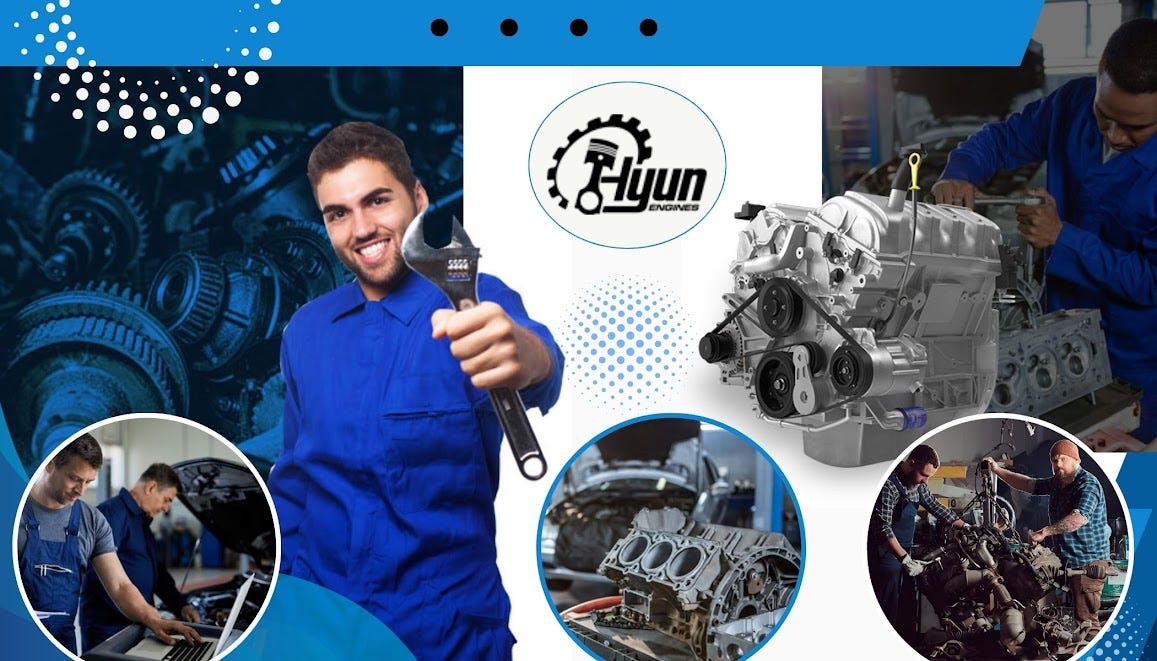
Hyundai iLoad Engine Reliability: A Detailed Analysis
The Hyundai iLoad has earned its place as a dependable option for those in search of a versatile and robust commercial vehicle. Its most important feature is its engine that plays an essential function in delivering performance effectiveness, and reliability. This is a comprehensive look at what makes this Hyundai ILOAD engine make a mark.
Engine Specifications and Performance
The Hyundai Iload Engine with the 2.5-liter turbo-diesel engine with four cylinders. This engine has been designed to provide a balance between power and efficiency, which makes it a great choice for businesses that require both performance and economy. The engine produces approximately 130 kW (168 hp) with 441 Nm of torque which translate to significant pulling power and the ability to lift large loads effortlessly.
Fuel Efficiency and Emissions
One of the best features of the iLoad engine is its commendable fuel efficiency. The turbo-diesel engine was engineered to maximize fuel efficiency which is an important factor for businesses looking to keep their operational expenses within a certain amount. Typically the iLoad offers a combined fuel consumption of approximately 8.6 liters for 100 km however, actual figures may depend on the conditions of driving and load.
Additionally, Hyundai has incorporated advanced technologies to ensure that the engine meets current emissions standards. This emphasis on emissions control does more than just reduce the environmental impact of the vehicle, but also contributes to lower operating costs because of potential tax benefits as well as reduced cost of compliance.
Engine Technology and Reliability
Hyundai’s engine technology for the iLoad includes features such as direct fuel injection using a common-rail system as well as a variable geometry turbocharger. These features improve the power delivery, enhance throttle response, and increase overall engine efficiency. Common-rail technology ensures that fuel is injected at a high pressure, which results in improved atomization and combustion, which will result in smoother performance as well as lower noise.
Reliability is the hallmark of Hyundai vehicles as their iLoad is no different. The engine is designed to withstand the rigors of commercial usage, and has sturdy construction and high-quality components that ensure its durability. Regular maintenance and adherence to Hyundai’s scheduled service intervals will ensure the engine remains in optimal condition over its lifetime.
Conclusion
In the end in the end, in the end, Hyundai iLoad engine offers a compelling mix of efficiency, power, and durability. The 2.5-liter turbo-diesel engine has been well-suited to the demands of commercial applications, offering plenty of power, while preserving fuel efficiency and adhering to current standards of emissions. For companies looking for a reliable workhorse, the Hyundai iLoad with its well-engineered engine, remains a formidable contender in the commercial vehicle market.



